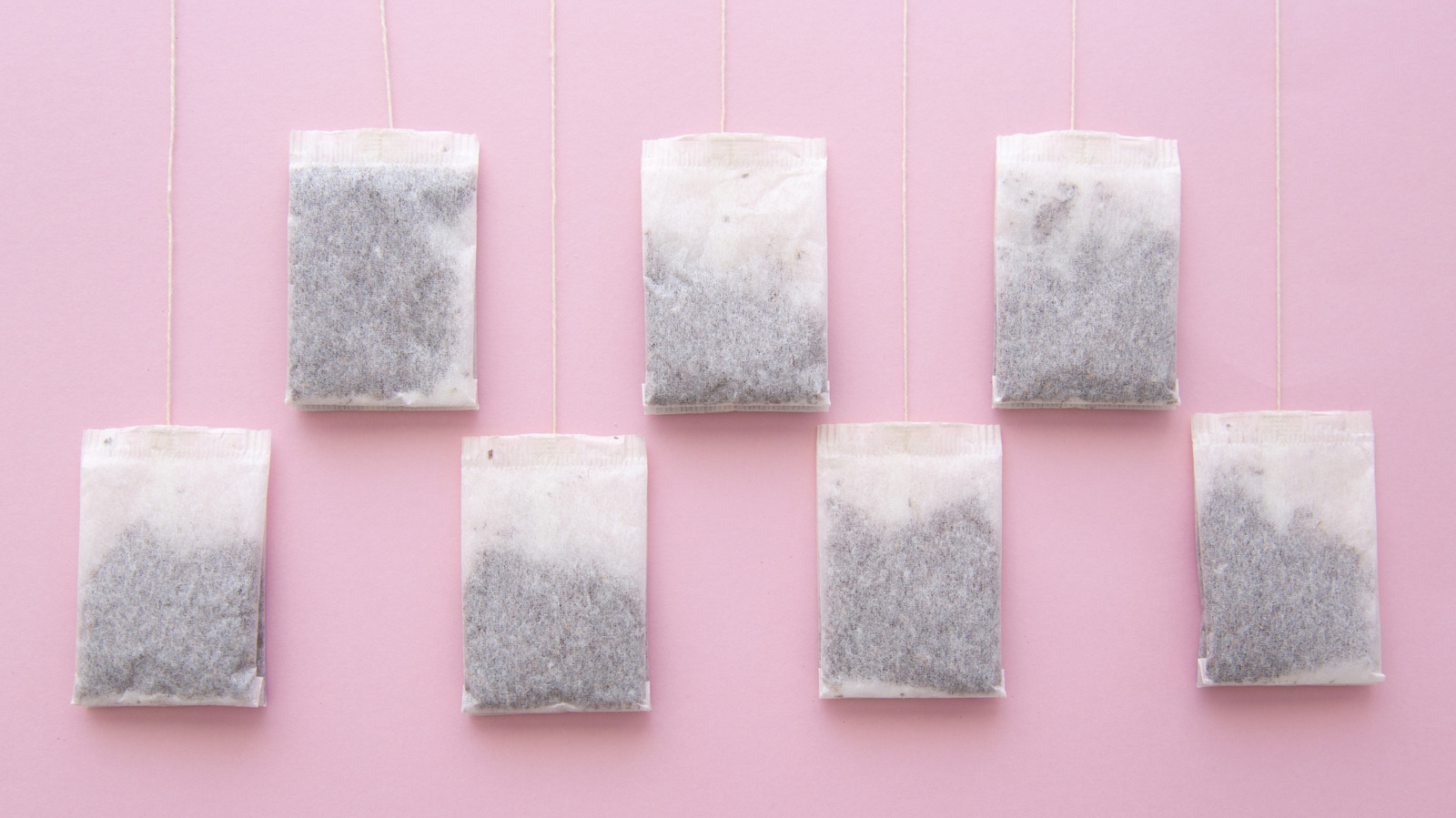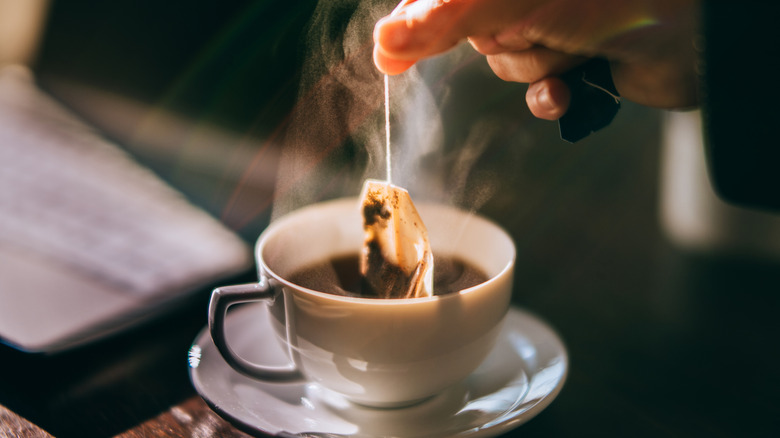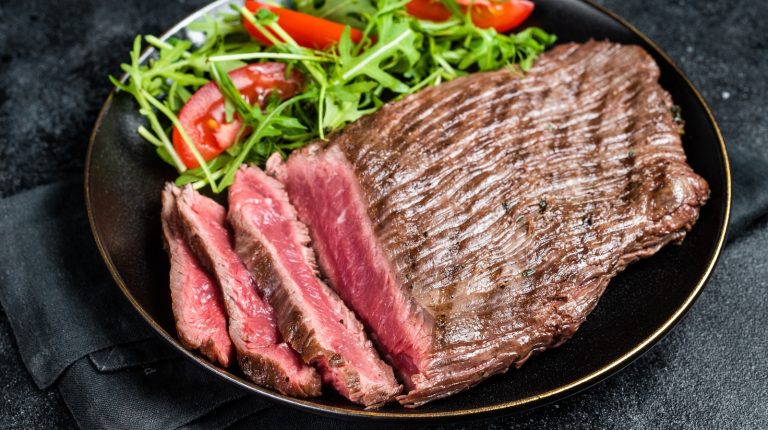If you’re dealing with a cold or just need a warm beverage to relax after a long day at work, tea is always the answer. Whether you’re sticking to a classic mint tea or exploring sweeter flavors like strawberry and vanilla, tea really has a way of soothing the soul. But what happens if your tea bags expire? Can they really go bad? The short answer is yes, tea bags do expire. But in most cases, it doesn’t mean the brew isn’t safe to drink.
Legend has it that it was ancient Chinese emperor Sheng Nung who first enjoyed a cup of tea more than 4,000 years ago when a few leaves accidentally fell into his boiled drinking water. He probably never thought that his random discovery would become an enduring drink, but at the time, he found it quite delicious. Ever since, tea has become a worldwide phenomenon, shaping different cultures and traditions, with global consumption reaching 7.54 million tons in 2024, according to Statista. (Read about a coffee filter hack for crafting homemade tea bags.)
That said, most store-bought tea comes with a shelf life. If you store your tea bags properly in a dark, dry place like a pantry or a kitchen cabinet, they can stay fresh for up to a year after purchase. But whether you should drink the brew after its expiration date is ultimately a matter of personal preference. If you don’t mind the flavors fading a bit, then you’re all good.
Do expired tea bags lose their benefits?
Expired tea loses its flavor and nutritional qualities over time. This is mostly due to oxidation — a process that causes certain chemical compounds in tea, such as polyphenols and antioxidants, to break down — as well as exposure to moisture. Leaving your tea bags out in the open, and especially in a humid environment, can cause them to turn stale and in some cases even grow mold. When this happens, drinking the brew isn’t just unappetizing; it can actually expose you to harmful mycotoxins that may compromise your health. So, instead of worrying about what to do if you accidentally consume mold, play it safe and toss those moldy tea bags in the trash.
To extend your tea’s shelf life, proper storage is highly important. Tea bags will best preserve their characteristics if they are not exposed to sunlight and stored somewhere dry, in airtight canisters. You also might want to use different containers for different varieties. And ultimately, keep them out of the fridge. Moisture is the last thing you need near your tea.
With that in mind, not all types of tea lose their benefits at the same pace, meaning they have different lifespans. Green tea, for instance, loses its flavor much faster than others. That’s why it’s always best to consume fresh. In contrast, darker teas like black or oolong tend to last longer and undergo a phytochemical change, which is sometimes even preferred among tea lovers around the world.
How to tell if your tea has gone bad?
To check if your tea is beyond its prime, look for visual signs. A crumbly, overly dry texture is a clear indicator it’s time to head to the store and pick up some new tea tins. This also applies if, instead of being crispy, the brew tastes a bit flat and doesn’t quite satisfy your taste buds. It can also feel a bit heavy, and lack the freshness it once had. If that’s the case, it’s time to update your tea collection. Hence, why not step out of your comfort zone and try out some kind of tea that is caffeine-free?
Aside from the changes in flavor, a strong, funky, mildew-like odor coming from your tea bags is also a sign that they’re out of date. These kinds of smells often point towards the presence of mold, even if it’s not yet visible. Similarly, when you take the bag, bring it close to your nose, and you realize it no longer has the appealing scent that used to fill the room, it’s most likely expired. Any discolorations or dullness could also be a clue that your tea has gone stale.
And ultimately, aside from the flavor being less intense, expired tea will quickly turn bitter as soon as you pour hot water over it. This is because the older it is, the greater the degradation of chemical compounds like amino acids, which contribute to the tea’s harsh taste.






